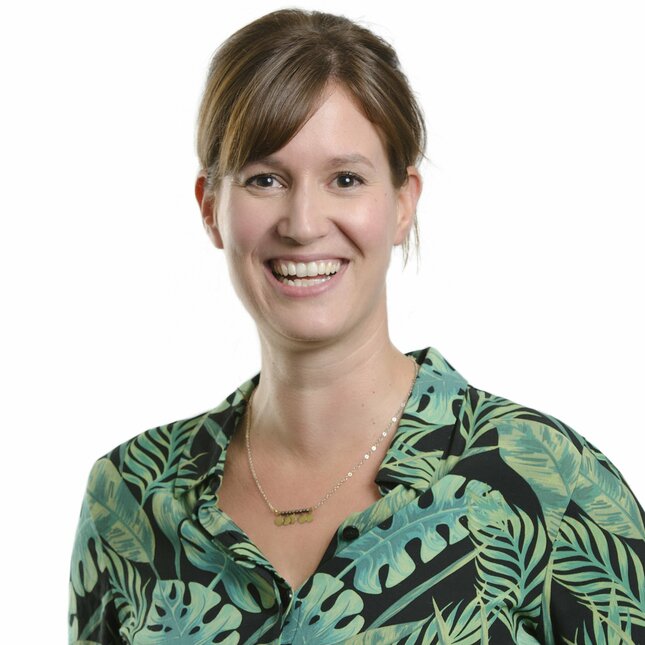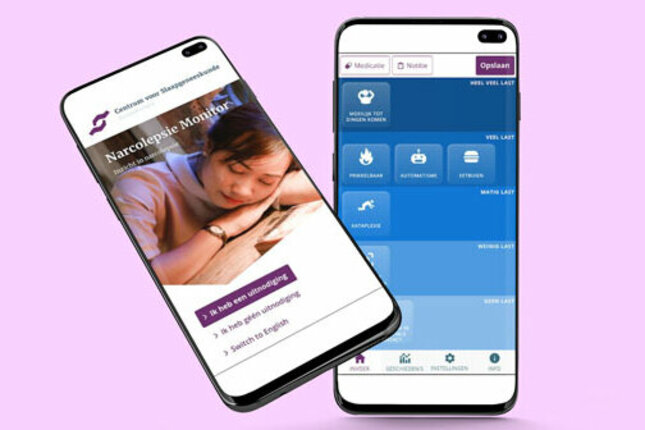Eindhoven University of Technology: App Demonstrates Importance of Comprehensive Treatment Approach to Narcolepsy
Narcolepsy is a rare but serious sleep disorder. People with narcolepsy fall asleep involuntarily at random times. In addition, episodes of muscle weakness triggered by emotions are a common symptom. However, people with narcolepsy appear to experience many more symptoms that may require treatment and counseling. PhD student Laury Quaedackers has demonstrated this on the basis of data collected with a special app, ‘Narcolepsy Monitor’, which was developed by Kempenhaeghe’s Center for Sleep Medicine alongside Eindhoven University of Technology and Sleep-Wake Centre SEIN, among others.

For her PhD research at the section Future Everyday of the Department of Industrial Design, healthcare psychologist Laury Quaedackers conducted a number of clinical studies on children and adults with narcolepsy. Among other things, this revealed that concentration and memory problems, social problems, fatigue, depressed mood, and anxiety or panic symptoms are common in narcolepsy in addition to drowsiness.
These symptoms also often change over time. This prompted the development of a special app, ‘Narcolepsy Monitor’, which allows a wide range of symptoms to be tracked over time. Analysis of the app’s data demonstrated a diversity of symptoms in narcolepsy, greatly impacting functioning in daily life with effects at school or work and in relationships.
Importance of multidisciplinary approach confirmed
Physician and researcher Sebastiaan Overeem, who supervised the PhD study, says: “Through innovation and scientific research, we at Kempenhaeghe continuously work to improve diagnosis and treatment. Laury Quaedackers’ thesis nicely demonstrates that narcolepsy is not just about finding the right medication to combat excessive sleepiness and muscle weakness.”
“It is essential to take a much broader approach to diagnosis, treatment, and counseling with attention to individual physical and psychological symptoms that people with narcolepsy may experience.”

Quaedackers: “The findings from my research confirm the importance of the multidisciplinary approach already used in narcolepsy expertise centers, such as Kempenhaeghe and SEIN, for people with narcolepsy. A psychologist and a social worker, among others, are often involved with patients with suspected narcolepsy.”
Overeem adds: “Centers of expertise such as Kempenhaeghe and SEIN can also support the second line with this broad approach. In doing so, we improve care for people with narcolepsy together.”

